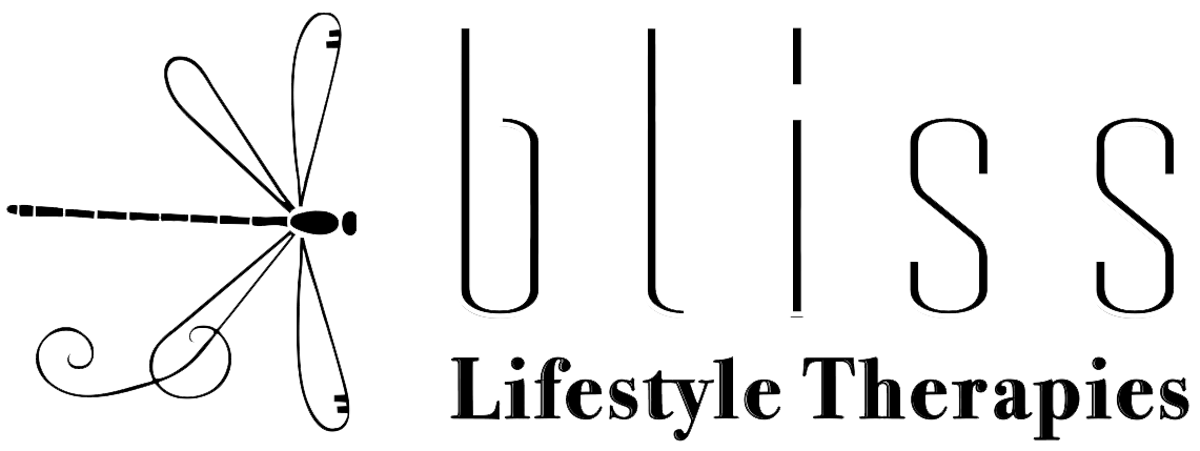Do I need more Protein? I often get asked about protein shake recommendations.
 While eating your protein is typically better, in the interest of time and quantity, it’s nice to have a protein shake to fill in the gaps. So, what should you be paying attention to?
While eating your protein is typically better, in the interest of time and quantity, it’s nice to have a protein shake to fill in the gaps. So, what should you be paying attention to?
So that being said, There’s 2 things that I look for.
- Quality! Organic/from free range grass fed cows with no chemicals or pesticides. Whey is best for most people. The protein should taste good, mix easily, have no artificial sweeteners and only contain 2 grams of carbs or less per serving. Some will contain digestive enzymes which can be helpful.
- What type of protein. Ideally it will have a combination of non-denatured and bio-available protein to give your body the best of both worlds.
Pea protein can be problematic for those with lectin or nightshade sensitivity and tends to have a gritty texture no matter what brand. Soy is high in estrogens and can be allergenic, rice can be allergenic and cause issues for people that have trouble with grains and methyl donors. Most grains are loaded with methyl donors, a chemistry term for a nutrient that loses a methyl group during the conversion/absorption process. Egg is a common allergen but if you are not sensitive it is a great highly absorbed, complete protein.
Most proteins are whey based because research shows that’s the best form for absorption when it comes to shakes.However, people that are vegan or dairy sensitive may need an alternative. Available alternatives are:
- Soy (excess soy can cause estrogen imbalances in both men and women).
- Rice (not a good idea if you’re grain, gluten or methyl donor sensitive).
- Pea (not good for lectin or nightshade sensitivity, comes with more carbs like it or not, gritty)
- Egg (if you are dairy sensitive but not vegan)
Notes on Vegans and Vegetarians:
 While I admire the discipline and am an advocate of the humane treatment of animals, I’m not a big fan of vegan or vegetarianism since it gets complicated, at best, juggling all the supplementation required to support the nutrition deficiencies created by these diets. While people can survive eating these types of diets, they can’t easily thrive.
While I admire the discipline and am an advocate of the humane treatment of animals, I’m not a big fan of vegan or vegetarianism since it gets complicated, at best, juggling all the supplementation required to support the nutrition deficiencies created by these diets. While people can survive eating these types of diets, they can’t easily thrive.
It seems contradictory that “eating more natural” should require so much supplementation that was never available nor even existed years ago. After years of study, observation, and personal experience, I believe people do best with a balance of fresh plant based foods and clean, healthy, whole proteins like meats, fish and eggs.
That balance logically varies for each individual depending on their genetics and lifestyle. Certain people do better on fish and fowl, while others thrive on beef and other heavier meats and everyone needs veggies. I feel strongly that you cannot expect to be healthy eating sick animals! Animals should be treated well and nourished to have quality lives. They should never be used wastefully and should be appreciated for the honor in the nourishment and service they provide.
This is mortality, and the natural circle of life, in which we are all connected and we must treat our natural resources as such. Plants are alive too. When we die the plants eat us. Food for thought 😉
